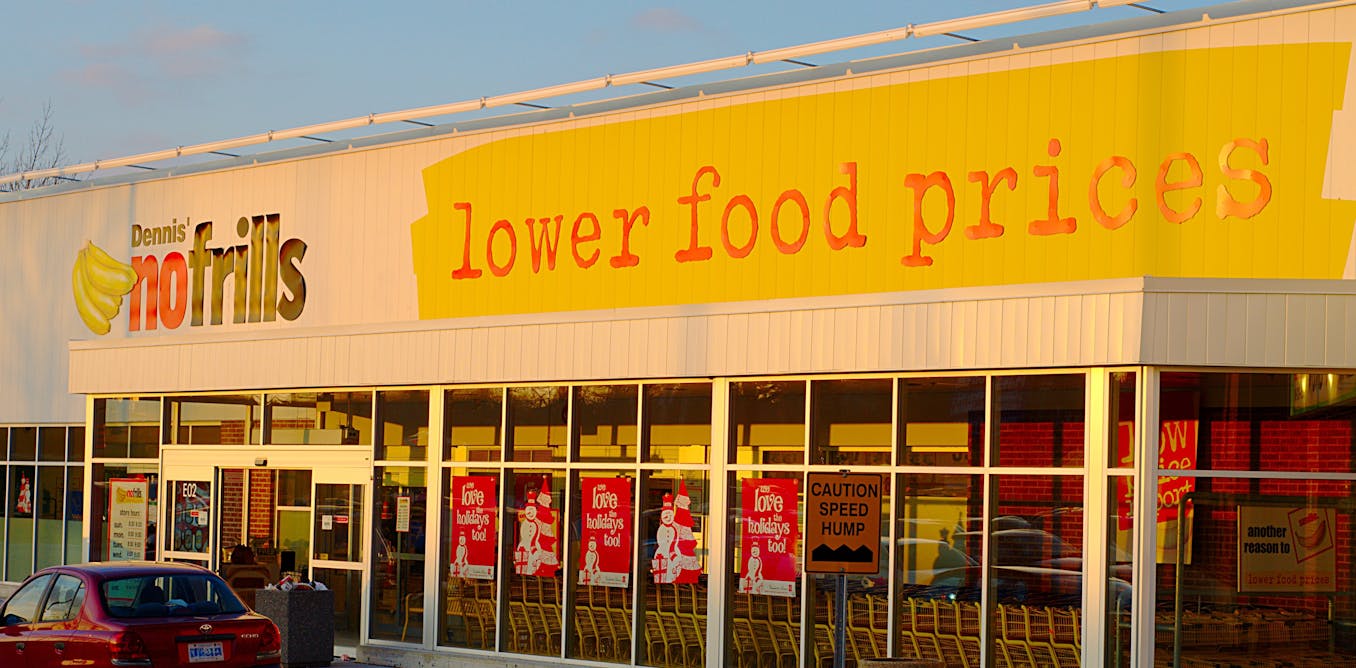So, we completed a rigorous analysis of the most prominent reports that shape the narratives around food prices in Canada, including twelve years of Canada’s Food Price Reports and 39 reports from Statistics Canada. Our findings, which are peer reviewed and soon to be published in Canadian Food Studies, were both insightful and concerning.
Our analysis found that most claims about food prices in these reports lack scientific rigour. Nearly two-thirds of the explanations for price changes given are not backed by evidence. Arguments about the causes of food inflation are frequently incomplete, neglecting to connect the dots between cause and effect.
These reports also rarely consider the decisions that grocers and other private sector entities have on food prices. Increased consolidation and concentration in the grocery sector is a structural issue that deserves scrutiny.
The bread price-fixing scandal a few years ago showed how a lack of competition enables price manipulation and hurts consumers. Canada’s Competition Bureau recently announced they are launching an investigation into the owners of Loblaws and Sobeys for alleged anti-competitive conduct.
With grocer profits expanding in Canada, too, it is fair to ask tough questions about how much grocers’ decisions are contributing to the pain at the till.
In our analysis, only three per cent of the over 200 explanations for food price changes point to grocer actions or other agency in the private sector as driving price increases. This reflects a tendency to portray food prices as erratic and overwhelmingly opaque.



This report isn’t about grocer finances. It’s about the analysis of food prices, and basically it says that a lot of the info that people are fed through the media and that is used to inform policy-making is not evidence-backed and doesn’t stand up to scrutiny.
Their point is that if we want to ensure food is affordable, etc., we need real data and not the bogus reports that are currently out there. The first step in getting real data are calling out current reports as bogus.